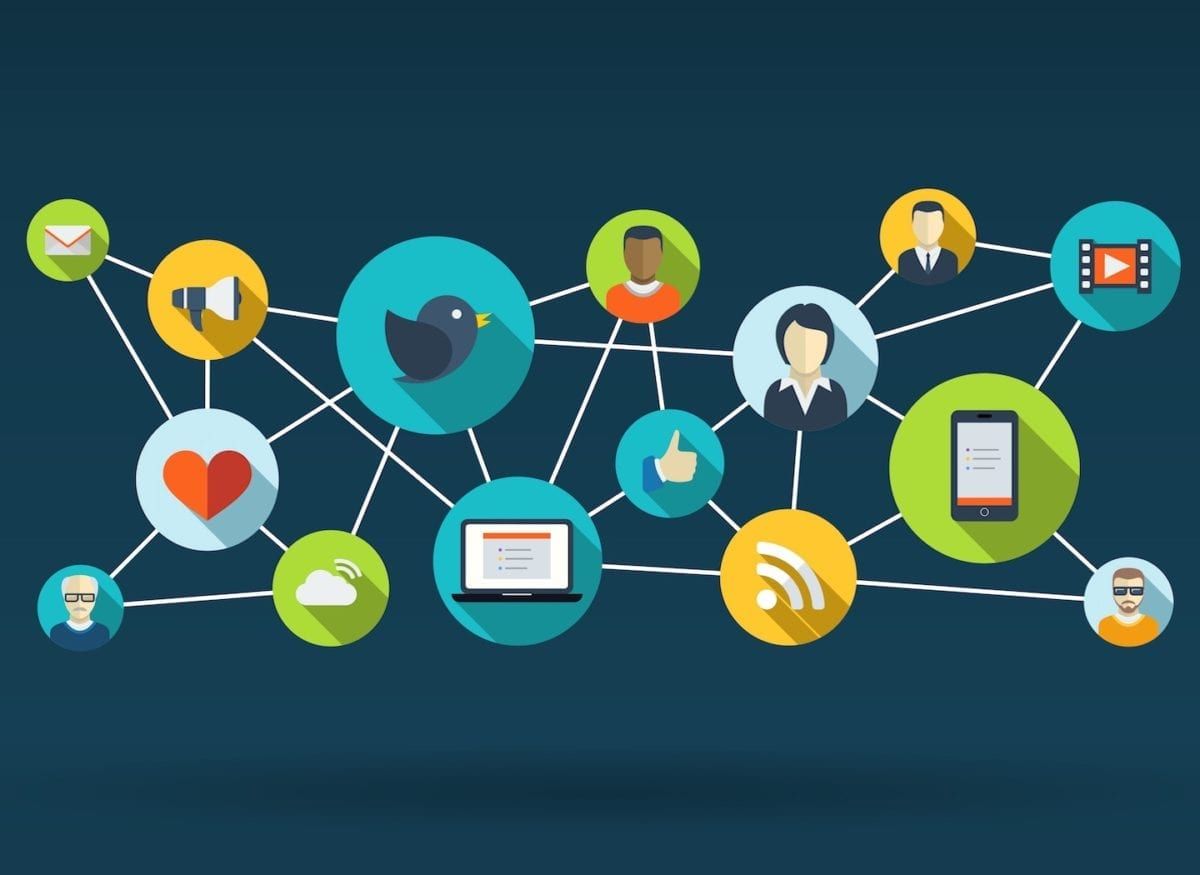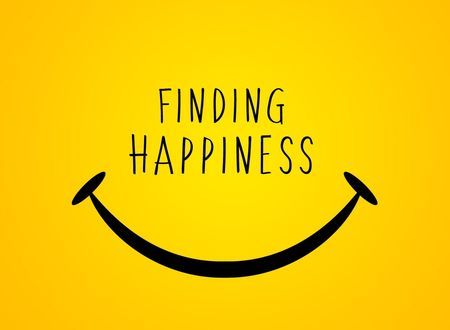Last month, I was flying back from Singapore to Delhi. It was a 5.5-hour flight. In the aisle seat, with only a passage separating us, sat a boy who looked no more than 12 years old. Next to him was his elder sister, wiser by a few years. They were the last ones to board and barely just made it. The plane was on its way within the next 10 minutes.
As soon as we were airborne, he pulled out his phone and began playing a video game on it. An hour later, their mother visited them. The boy exchanged a couple of sentences and went back to playing his game. She left soon after. The meal was served, he put his phone away and turned on the TV instead. Never touching the main course, he just nibbled on the appetizer — satay chicken — ordering it multiple times but not really eating it. Midway through his meal, he took out his phone again and resumed his video game. The TV was still on.
Some 20 minutes later, the table was cleared, his plate was full of satay kebabs and his eyes remained glued to the phone. Soon after, they were visited by their father. He seemed like a jolly person who ordered a beer right there and asked his son to shift a little so he could also sit. While the father and daughter still talked a bit, the boy didn’t take his eyes off the screen.
An hour later, he put his phone away and pulled out his laptop. He stared at the TV screen while the machine fired up. As soon as it started, he was already playing a video game on his laptop. With all the firing, grunts and groans, it sounded like he was on a violent mission. Over 4.5 hours passed and we were an hour away from Delhi. The boy curled up in his seat, his head resting on one armrest and his legs touching the other, and went to sleep. I wanted to put a blanket on him. At least, he could curl up against the length of the seat (as opposed to the breadth) and be more comfortable, I thought. For a moment, I contemplated getting up and reclining his seat so he could sleep on a flat bed but dropped the idea. Soon, we were descending and the flight attendant woke him so he could put on his seat belt.
He pulled out his phone and started playing some video game again. The plane landed and he was in front of me in the line, furiously typing away at his phone. Probably messaging someone. The gentleman behind me was already (loudly) talking to someone on the phone.
I wonder what the heck digital revolution has done to us.
I’m not suggesting that by not playing with other kids in the street, by not reading books, or by spending the majority of their time married to the screen, the children of today are missing out on something great or that they will turn out any less of thinkers than the preceding generation. We just have to accept that this is the lifestyle of our present age. Maybe the intelligence and wisdom they’ll demonstrate as grown-ups will be different to anything we may have seen to date. After all, the world’s most revolutionary startups were started by kids barely qualified to even drink in a pub. They were rebellious young adults. They too spent their time playing video games but with one key difference — a large chunk of their time and energy was invested in some constructive pursuit.
Having said that, there’s enough data to show that more and more of today’s children (and adults) are depressed. And this leads me to the crux of the matter today: finding happiness in the present times.
Playing video games is not bad nor is spending time online. You may be passionate about updating your status on Facebook and checking up on your friends. You may feel a tiny surge of joy to share pics and jokes on WhatsApp and so on. But, it’s important to differentiate between productive and non-productive passion. Some of our passions are creative pursuits while others simply drain us out.
When you invest yourself in a productive passion (like learning a new skill or mastering it, for example), you experience a certain lasting fulfillment. This puts you in a state of flow where you feel less restless. You no longer crave attention from online friends. You don’t feel compelled to complete a mission in a video game or for those bonus points. All these e-medals and friends simply mean that you’ve got your mind used to the illusory pleasures of the digital world. Your mind may be constantly feeling good or longing for “likes” and “comments” when in essence they don’t add any value whatsoever to your real life. These likes, comments, conversations and chats don’t make us better people.
I haven’t got a computer, but I was told about Facebook and Twitter and am trying to make friends outside Facebook and Twitter while applying the same principles.
Every day, I walk down the street and tell passers by what I have eaten, how I feel, what I have done the night before and what I will do for the rest of the day. I give them pictures of my wife, my daughter, my dog and me gardening and on holiday, spending time by the pool. I also listen to their conversations, tell them I “like” them and give them my opinion on every subject that interests me… whether it interests them or not.
And it works. I already have four people following me: two police officers, a social worker, and a psychiatrist.
-Peter White, Holbrook
This ultra-connectedness is highly addictive, damaging and detrimental to your mental and emotional well-being. On social media, everyone else seems happier than you. And you and I both know that nothing could be further from the truth. We are fast creating a world that will increasingly lead to depression, anxiety and sadness. The worst part is that the e-world feels so real.
I once read a quote, “If you are not paying for it, you’re not the customer; you’re the product being sold.”
This is social media in a nutshell. While those massive platforms run because of you, it’s actually the advertiser they are interested in. Anything to have you stay online…
In our world of extraordinary consumerism, a world where brilliant minds devise clever marketing plans to get your attention, even to pass through a shopping mall without buying anything is nothing short of a miracle. Hundreds of millions of people spend countless hours online (most even feel guilty for wasting that time), especially on social media. At the end of the day (literally), we don’t really end up wiser, happier or more content. What is the point in all this?
I remember watching a Hollywood movie long before the advent of smartphones. It showed that machines were overtaking human intelligence. It was so far-fetched. Not anymore, I think. That time has arrived. Machines indeed are taking over our lives.
It requires mindfulness to logout. Try cutting down your screen time (TV included) and suddenly you’ll have so much time on your hands to do all the things you ever wanted to do. If you are a parent, be firm with your kids. It’s okay to be a friend, but sometimes you really have to act like a parent for their own good. And, no matter what your age, if you want to enjoy life, should you care to see the beauty that melts your heart and stays there, you are not going to find it online, in my humble opinion. You can use apps to limit your online time. They are of great help.
It would perhaps be more heart-warming had I shared some philosophical message today. Then again, practicality too is a philosophy in its own right. Plus, it’s functional.
Value yourself, value your time. Start by limiting your screen-time. The world will go on just fine even if you went offline. Live your life, real life. It’s flowing by beautifully, offering stunning views, while we sit here quenching our thirst by bits and bytes on some retina display. Is it worth it?
Peace.
Swami
A GOOD STORY
There were four members in a household. Everybody, Somebody, Anybody and Nobody. A bill was overdue. Everybody thought Somebody would do it. Anybody could have done it but Nobody did it.
Don't leave empty-handed, consider contributing.It's a good thing to do today.









Comments & Discussion
21 COMMENTS
Please login to read members' comments and participate in the discussion.